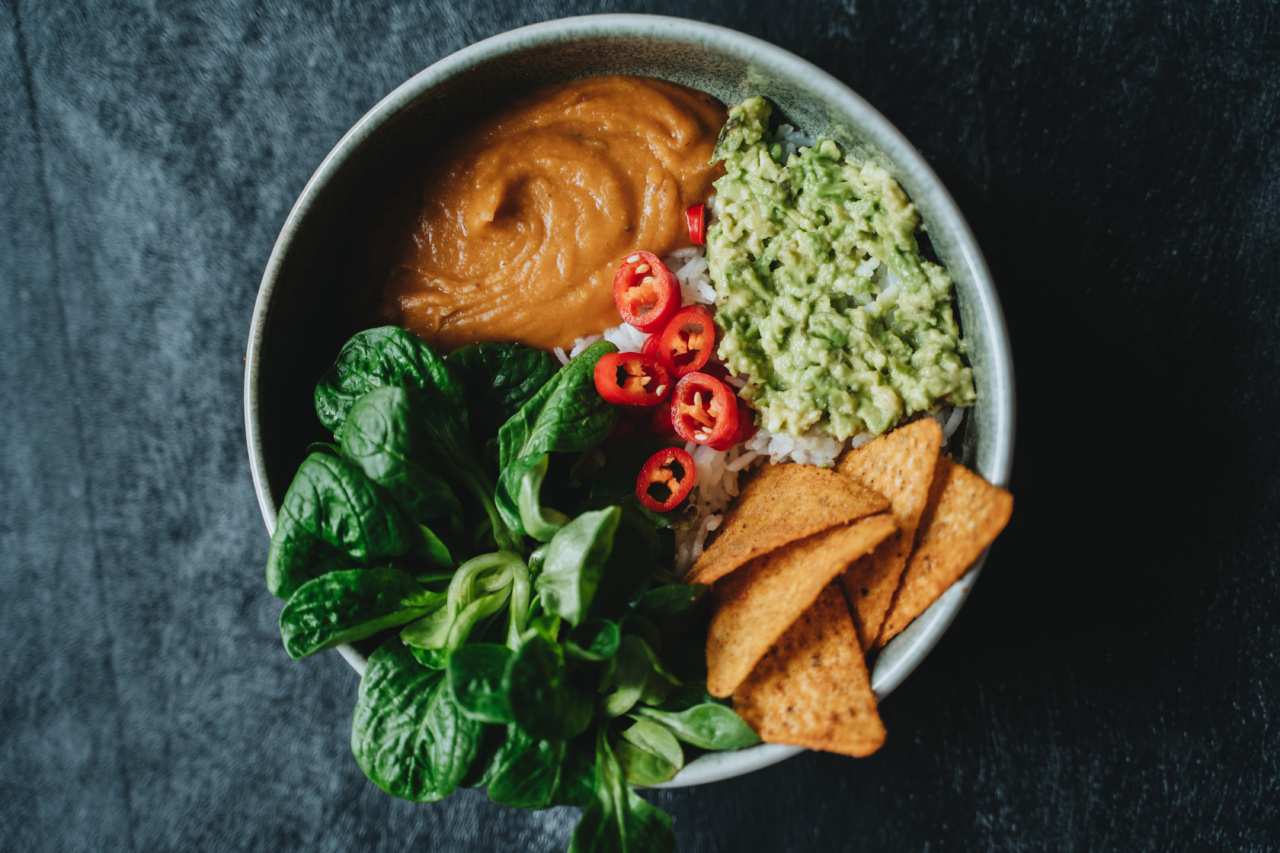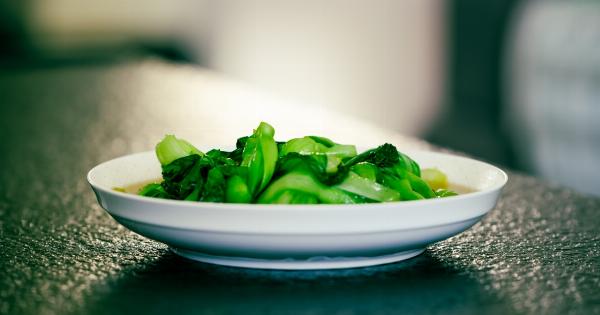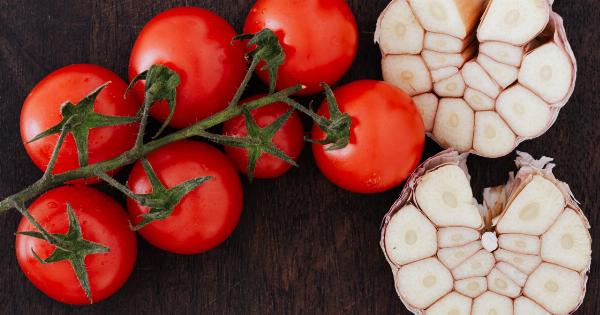Tomato sauce, also known as marinara sauce or simply tomato gravy, is a popular condiment made from tomatoes. Its origins can be traced back to ancient civilizations, where tomatoes were cultivated for their culinary and medicinal properties.
Let’s delve into the rich history of tomato sauce and uncover its secrets.
The Origins of Tomato Sauce
Although tomatoes originated in South America, it wasn’t until the 16th century that they were introduced to Europe. Initially, tomatoes were viewed with suspicion due to their resemblance to toxic nightshade plants.
However, their vibrant red color and juicy texture soon enticed cooks to experiment with them, leading to the creation of tomato-based sauces.
Tomato Sauce Across Cultures
Tomato sauce has become a staple in many cuisines around the world. In Italy, tomato sauce forms the base of various iconic dishes such as pasta, pizza, and lasagna.
The Italians even have a special occasion, known as Sauce Day, where families gather to make and preserve large batches of tomato sauce.
In Mediterranean countries like Spain and Greece, tomato sauce is incorporated into dishes like paella and moussaka, adding depth and flavor to these traditional recipes.
In India, the tangy and spicy tomato-based curry known as “masala” is a favorite among many.
Tomato sauce has also made its way into American cuisine, with ketchup becoming a beloved condiment for burgers, fries, and hotdogs. It is estimated that Americans alone consume over a billion pounds of ketchup each year!.
Health Benefits of Tomato Sauce
Tomatoes are packed with essential nutrients and antioxidants, and when cooked down into a sauce, their nutritional value becomes even more concentrated. Here are some health benefits associated with consuming tomato sauce:.
1. Rich in Lycopene
Tomatoes are an excellent source of lycopene, a powerful antioxidant known for its cancer-fighting properties. Lycopene has been linked to a reduced risk of prostate, lung, and stomach cancers.
The cooking process involved in making tomato sauce enhances the bioavailability of lycopene, making it easier for our bodies to absorb.
2. Heart-Healthy
The high levels of potassium and vitamin C in tomato sauce contribute to heart health. Potassium helps regulate blood pressure, while vitamin C promotes the health of blood vessels and reduces the risk of cardiovascular diseases.
3. Supports Bone Health
Tomato sauce contains significant amounts of vitamin K and calcium, two essential nutrients for maintaining strong bones. Vitamin K aids in calcium absorption, while calcium provides the structural framework for our bones.
4. Boosts Immunity
The rich vitamin C content of tomato sauce strengthens the immune system, helping our bodies fight off illnesses and infections. Vitamin C is also known to promote collagen production, which contributes to healthy skin and wound healing.
5. Anti-Inflammatory Properties
The presence of various phytochemicals and antioxidants in tomato sauce, such as beta-carotene and quercetin, provide anti-inflammatory benefits.
This can help reduce chronic inflammation in the body, which is associated with various diseases such as arthritis and heart disease.
Choosing the Right Tomato Sauce
When it comes to purchasing tomato sauce, it’s important to read the labels carefully. Many commercial sauces may contain added sugars, preservatives, and unhealthy fats.
Opting for organic or homemade tomato sauce ensures a healthier option without any unnecessary additives.
Additionally, if you have specific dietary requirements, such as being gluten-free or following a vegan diet, be sure to check the ingredients list for any potential allergens or animal products.
How to Make Your Own Tomato Sauce
Creating homemade tomato sauce allows you to control the quality of ingredients and tailor it to your taste preferences. Here’s a simple recipe to make your own tomato sauce:.
Ingredients:
- 2.2 lbs (1 kg) ripe tomatoes
- 1 medium onion, finely chopped
- 3-4 cloves of garlic, minced
- 2 tablespoons olive oil
- 1 teaspoon dried basil
- 1 teaspoon dried oregano
- Salt and pepper to taste
Instructions:
- Start by blanching the tomatoes to remove their skins. Score a small “X” on the bottoms of the tomatoes, then place them in boiling water for about 30 seconds. Remove them and immediately transfer to an ice bath to cool. Peel off the skins and dice the tomatoes.
- In a large saucepan, heat the olive oil over medium heat. Add the chopped onion and minced garlic, sauté until golden and fragrant.
- Add the diced tomatoes, dried basil, dried oregano, salt, and pepper to the saucepan. Stir well and simmer on low heat for about 30-40 minutes, stirring occasionally.
- Once the sauce has thickened and the flavors have melded together, remove it from the heat and let it cool slightly.
- You can either use the sauce as is or blend it for a smoother consistency. If desired, you can also strain the sauce to remove any remaining tomato seeds.
- Store the tomato sauce in sterilized jars or containers in the refrigerator for up to a week, or freeze for longer storage.
Remember, this is a basic recipe, and you can always customize it by adding other herbs and spices, such as fresh basil or red pepper flakes, to suit your taste.
Conclusion
Tomato sauce has come a long way from its humble beginnings and has become an indispensable ingredient in various cuisines across the globe.
Beyond its delicious flavor, tomato sauce offers numerous health benefits, making it a valuable addition to a balanced diet. Whether you choose to make your own or opt for store-bought, tomato sauce is a versatile and nutritious condiment worth exploring.


























